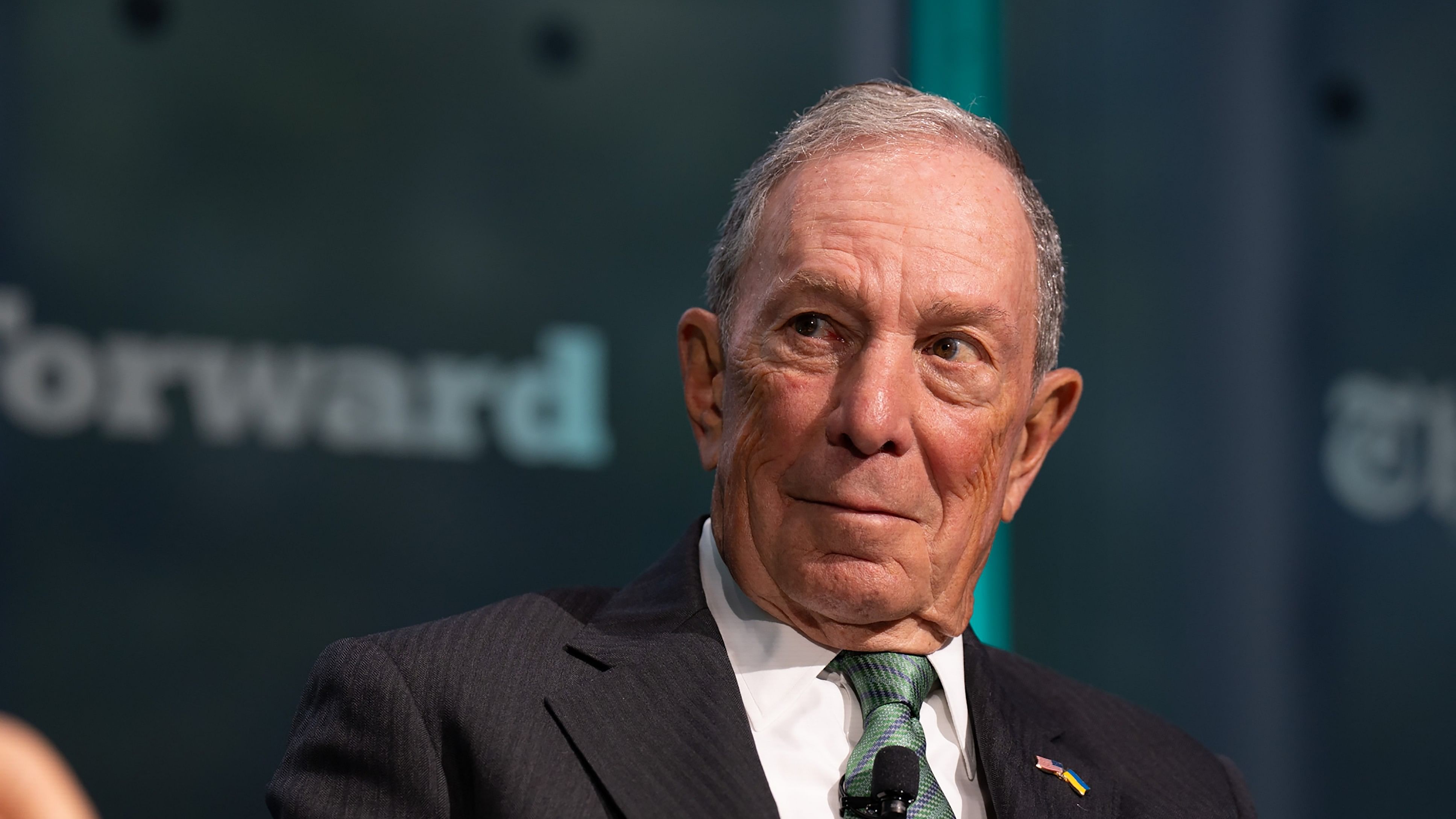
Michael Bloomberg.
Credit: NYT Photo
As he kicks off a new campaign to use his wealth to block the construction of petrochemical plants, Michael Bloomberg outlined the fate of his company Bloomberg LP after he dies. He said his Bloomberg Philanthropies foundation would inherit his multibillion-dollar company and then eventually sell it.
“At 81 years old, common sense says I should have succession plans,” the former New York City mayor said at the Climate Summit hosted by The New York Times in Manhattan on Thursday.
“I give virtually all of the company’s profits to the foundation, and the foundation gave away last year $1.7 billion,” he added. “This year it will be a little bit more than that. But when I die, the foundation inherits the company. They, because of the tax laws, will have to get rid of it, sell it someplace or other over the first five years.”
Bloomberg holds an 88 per cent stake in the company behind Wall Street’s favorite data terminals, which generated revenue of more than $12 billion in 2022. He said he had no plans to sell the company in the immediate future and hoped to keep working for at least three to five more years. “I know exactly what I want to do,” he said.
Bloomberg has recently set his sights on blocking new petrochemical plants that make fertilizer, plastics and packaging. He said that he chose to focus on this arm of fighting climate change because it was “irrational” to think the entire fossil fuel sector would simply disappear.
“We are not going to get away from using oil for the next 10 or 15 years,” he said, “and we are not going to say everybody that has a gas-guzzling car can’t drive it anymore, and they will have to start walking today. You have to be practical.”
Appearing on the same panel, Gina McCarthy, the former administrator of the Environmental Protection Agency, said that targeting petrochemical plants could directly bring about change.
“Let’s get real,” she said. “One of the reasons why the campaigns that Mike has been sponsoring works is because they bring it down to the people level. I’m tired of arguing about greenhouse gas emissions. The issue is that people are unhealthy.”
The Rev. Lennox Yearwood Jr., president and CEO of youth-activist group Hip Hop Caucus and a senior adviser to Bloomberg Philanthropies’ Beyond Petrochemicals campaign, said targeting petrochemical plants would begin to limit harm to many communities, especially communities of color.
“We have children who are dying because of asthma and emphysema; we have the solutions,” Yearwood said. “It becomes almost disgusting that you then look at certain communities, fellow Americans and say that I can just put this in that community and give them a death sentence. That ain’t it.”